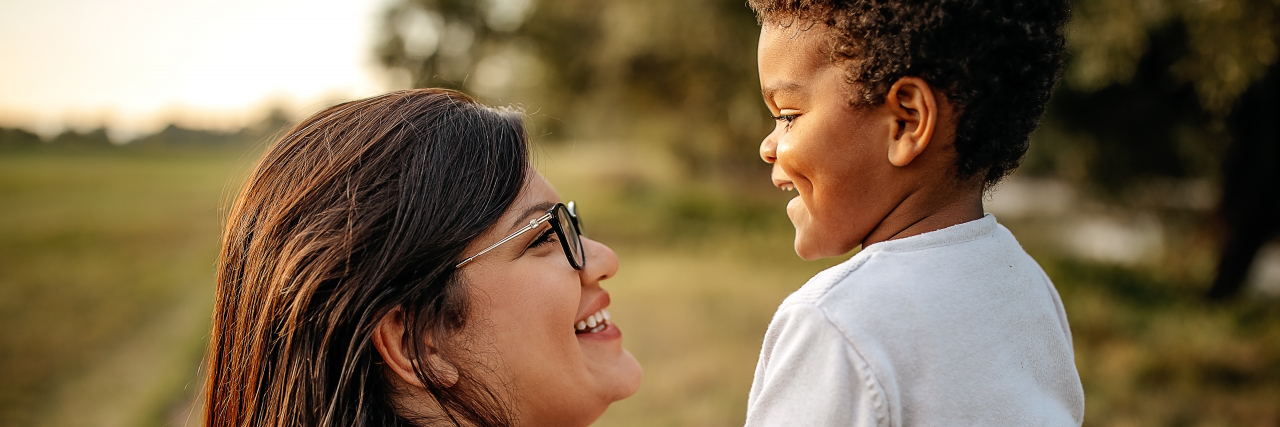What drives your parenting style? Is it fear or connection? The answer to this question is the key to successful parenting!
Most of us are driven by fear when we start our journey parenting a child with a disability. We are not sure what the future holds for our children and are worried that they may not have a fulfilling life, or our definition of a fulfilling life. So, we set out to work on teaching our children the skills that they are “lacking” in order to have a full life without considering their current needs and fulfilling them. This is the equivalent of trying to build a tower without a foundation — “trying” being the keyword here, because you can try all you want but you won’t succeed in building the tower without a foundation.
Fear affects our sense of judgment, leading us to make wrong parenting decisions that hamper our children, causing us to become even more fearful. This becomes a vicious cycle, which ends up making us and our children anxious and miserable, which is not a conducive environment for learning.
Connection-based parenting, on the other hand, focuses on the child’s current needs and fulfilling them to slowly build the child’s skillset to live a fulfilling life. It is based on creating a deep connection with your child as an individual and understanding their needs. It is rooted in the present instead of the future, focused on what we can do today rather than what we must be able to do tomorrow.
The biggest difference I felt when I moved from fear-based parenting to connection-based parenting is in the sheer joy of parenting. I began to enjoy spending time with my son. I started to appreciate his individuality and realized that he was his own person. This is the greatest gift I received from this change — the realization that my son was not a part of me but a separate individual with his own identity which I needed to respect, treasure and nurture. It became clear to me, then, that my job was not to overpower my son into becoming someone he wasn’t, but to empower him to become who he was meant to be.
The other important effect that moving from fear-based parenting to connection-based parenting had on me was to calm me, which, in turn, calmed my son, creating a safe and conducive environment for learning.
Our children are very sensitive to our attitudes, moods, and emotions. If they sense that we are not in control of ourselves or the situation, they feel unsafe. If they sense that we are in control of ourselves and the situation, they feel safe to explore and learn.
Getty photo by Eclipse Images.

